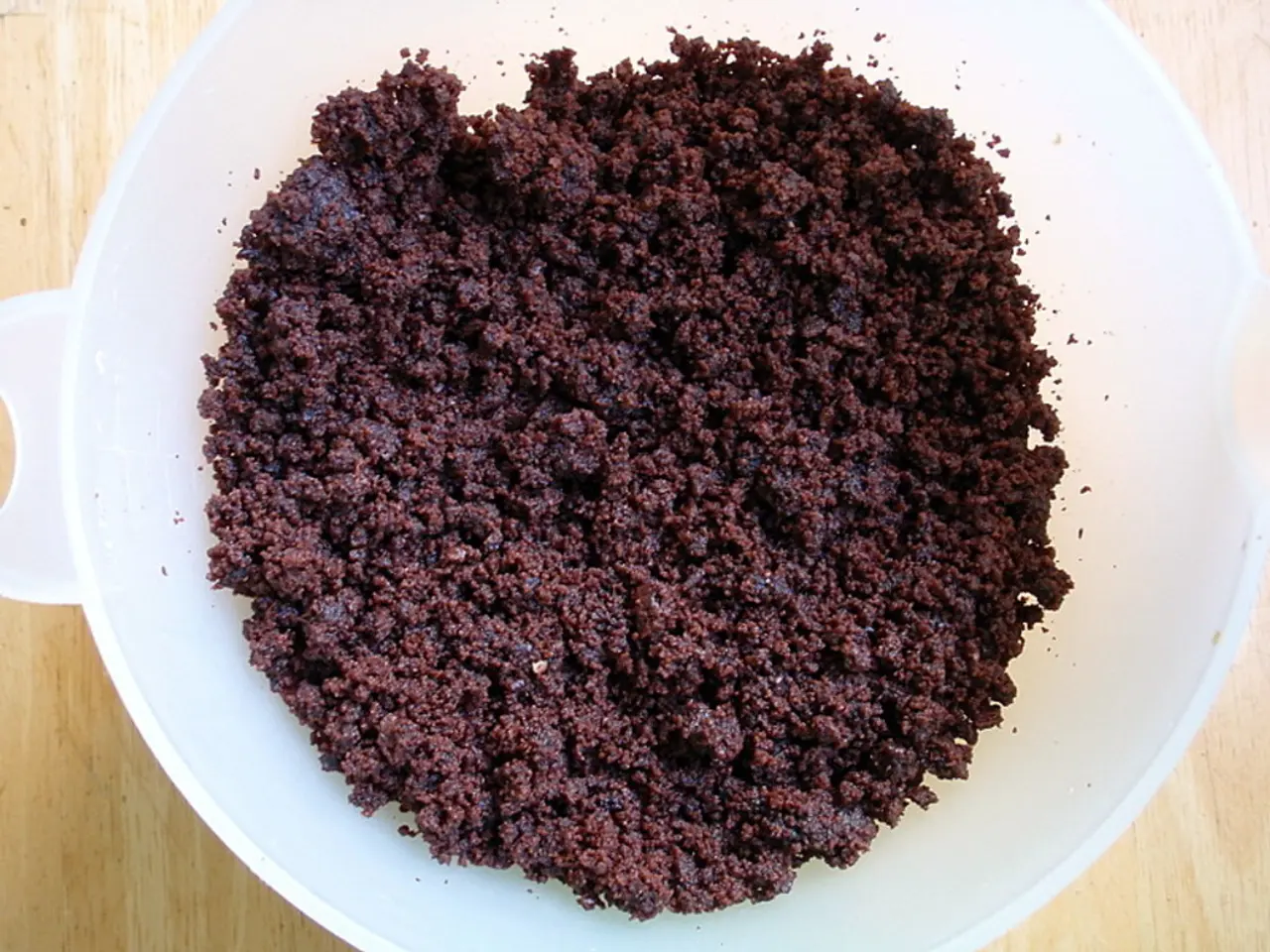Differentiating Eosinophilic Colitis from Ulcerative Colitis: Key Distinctions
In the realm of inflammatory bowel diseases (IBD), two common conditions that affect the colon are ulcerative colitis (UC) and eosinophilic colitis (EC). While both conditions share some similarities, the treatment strategies for each vary significantly.
Medications
Ulcerative colitis (UC) treatment typically involves a multidisciplinary approach, with anti-inflammatory drugs such as aminosalicylates (e.g., mesalamine), corticosteroids for flare control, immunosuppressants, and biologic therapies (e.g., anti-TNF agents, newer biologics like Skyrizi for moderate to severe UC) to manage inflammation and maintain remission. Antibiotics may be used in complications like toxic colitis. Surgery, such as a colectomy, is considered when medical therapy fails or in severe cases such as toxic colitis.
On the other hand, common treatments for EC include systemic corticosteroids to induce remission and topical corticosteroids adapted to target the intestinal site (e.g., budesonide capsules with special administration techniques). Mesalamine has also been used as adjunctive therapy. Mast cell stabilizers like cromolyn sodium and ketotifen may serve as corticosteroid-sparing agents in some cases. Biologics are less commonly defined for EC compared to UC.
Dietary therapy
Dietary changes are supportive but not curative in UC. The focus is on supportive nutrition and avoiding foods that worsen symptoms. No standard elimination diet is used to treat UC directly.
In contrast, dietary therapy plays a more central role in EC, often involving empiric elimination diets or elemental diets due to the immune/allergic nature of the disease. Nutritional status must be carefully evaluated before dietary interventions.
Surgery
Surgical removal of the colon (colectomy) can be curative and is indicated in severe or refractory UC cases, or for complications such as perforation or toxic megacolon. Surgery is rarely a treatment option for EC other than in severe cases with an obstruction in the colon that could be dangerous.
Summary
The table below summarises the main differences in therapeutic strategy:
| Aspect | Ulcerative Colitis (UC) | Eosinophilic Colitis (EC) | |---------------------|---------------------------------------------------------------------------------|---------------------------------------------------------------------------------------------------------------| | Medications | Aminosalicylates, corticosteroids, immunosuppressants, biologics, antibiotics | Systemic and topical corticosteroids, mast cell stabilizers, mesalamine | | Dietary therapy | Supportive, avoiding symptom triggers | Empiric elimination diets, elemental diets, critical nutritional evaluation | | Surgery | Colectomy in severe/refractory/toxic cases, can be curative | Rarely used, mostly medical management |
In conclusion, UC is a chronic inflammatory bowel disease typically managed with anti-inflammatory and immune-modulating drugs and surgery in severe cases, whereas EC, an immune-mediated eosinophilic infiltration disorder, relies heavily on corticosteroids and dietary modification with surgery rarely necessary. Both conditions can occur in flares and with periods of remission.
- The treatment of ulcerative colitis (UC) is often multidisciplinary, involving medications such as aminosalicylates, corticosteroids, immunosuppressants, biologic therapies, and antibiotics in certain complications.
- On the other hand, eosinophilic colitis (EC) treatments primarily consist of systemic and topical corticosteroids, mast cell stabilizers, and mesalamine, with dietary therapy playing a more crucial role due to its immune/allergic nature.
- In summary, UC and EC are two chronic medical-conditions that fall under the category of inflammatory bowel diseases, with UC being treated primarily through medications and surgery, while EC relies heavily on corticosteroids and dietary modifications, rarely requiring surgery.
- Health-and-wellness strategies for individuals suffering from ulcerative colitis or eosinophilic colitis may involve understanding their unique treatment plans, including dietary considerations and the potential need for various medications and, in some cases, surgery.




